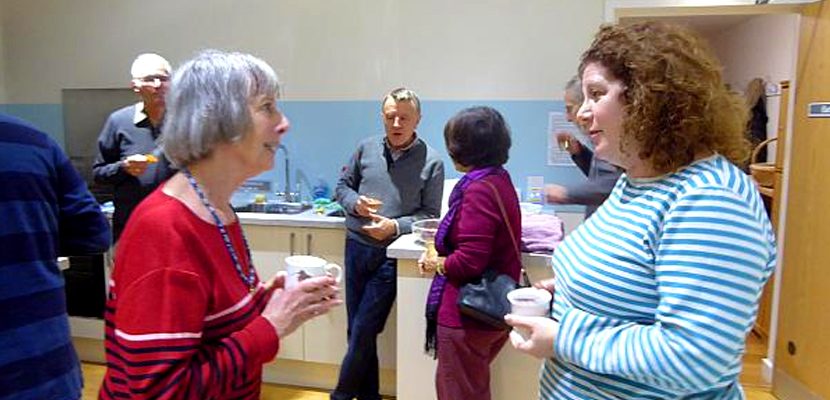As Jacob prepared his family to meet his brother Esau, whom he hadn’t seen for twenty years and of whom he was mortally afraid, did he realise that his seven sons were destined to be the founders of seven of the future tribes of Israel? He had by then experienced several encounters with God and with his angels, most recently on the night before he met Esau. God had told him that he would honour his covenant with Abraham and Isaac through him, so clearly his sons also had a significant role to play, but was it already known to Jacob that Reuben and the rest would actually be the tribal founders?
I expect you have already stopped reading, as you beat your heads in desperation at the idiotic mistake of the writer. Seven sons! What can the fool mean? Well, I mean that we tend to think of Jacob as having two wives, Leah and Rachel, and Leah had given birth to six sons and one daughter. Rachel had by then given birth to one son, so seven sons and one daughter altogether. Yes, but there were also the sons born to Bilhah, handmaid to Rachel and to Zilpah, handmaid to Leah. Just as Sarah had done with Hagar, Rachel has Bilhah give birth on her lap so that it would be as if the baby were hers and, later, Leah followed suit. Be the convention as may, it clearly states,
“She gave him her handmaid Bilhah as a wife, and Jacob came to her. Bilhah became pregnant ad gave birth to Jacob’s son… Rachel’s handmaid Bilhah became pregnant again and had a second son by Jacob.”
Later, similar language is used with respect to Zilpah. Both handmaids bore sons to Jacob and were given to him as wives. They are mothers to Dan, who, years later in Egypt, Jacob will bless as a settler of seashores, a harbour for ships, to Naphtali, a deer, running free, who delivers words of beauty, to Asher, from whom will come the richest foods and the king’s delights, and to Gad, who will pursue raiders, and whose descendants will be bravely among the vanguard of the army when Joshua leads it across the Jordan into the Promised Land.
Some say that Zilpah and Bilhah were also daughters to Laban. Whether or not they were, they were clearly considered fit to give birth to children of the covenant. As such, we can only imagine them to have been good mothers. Even assuming that Leah and Rachel were foremost in the maternal care of the four sons, their handmaids would not have remained uninvolved. They must have loved their sons, nursed them, talked to them, been there for them through their childhood. Interestingly, their names are so similar, as if they were in some way sisters and part of the same spirit. So I say, let us not forget Zilpah and Bilhah. Let us celebrate them together with Rachel and Leah. They, too, are imoteinu.
As Jacob prepared his family of four wives and twelve children to meet his brother Esau, what forebodings filled their minds? How will the meeting go and what lessons will emerge? To find out, come along this Saturday at 10:30. Harvey Kurzfield will be there to lead and enlighten us.


